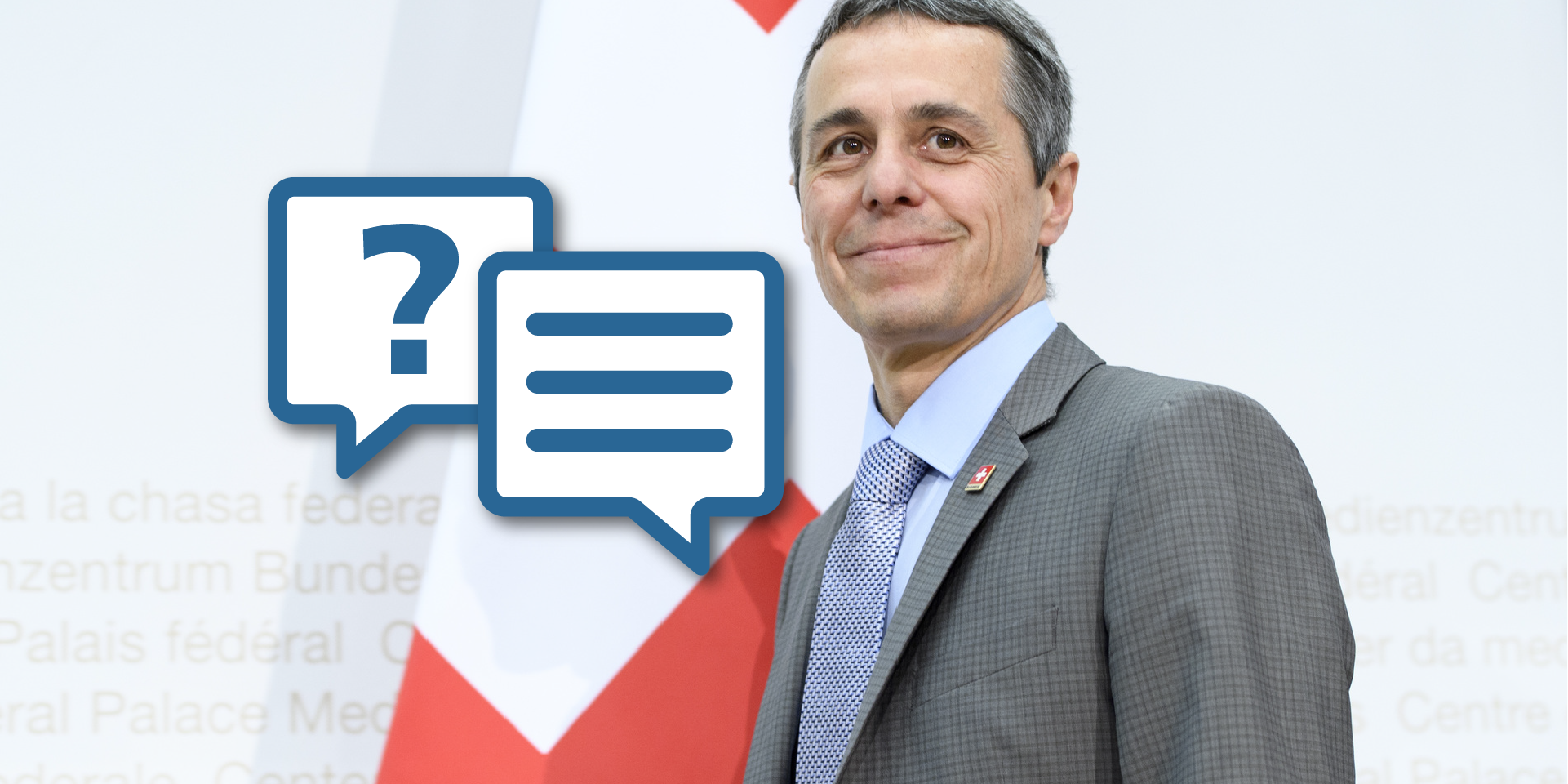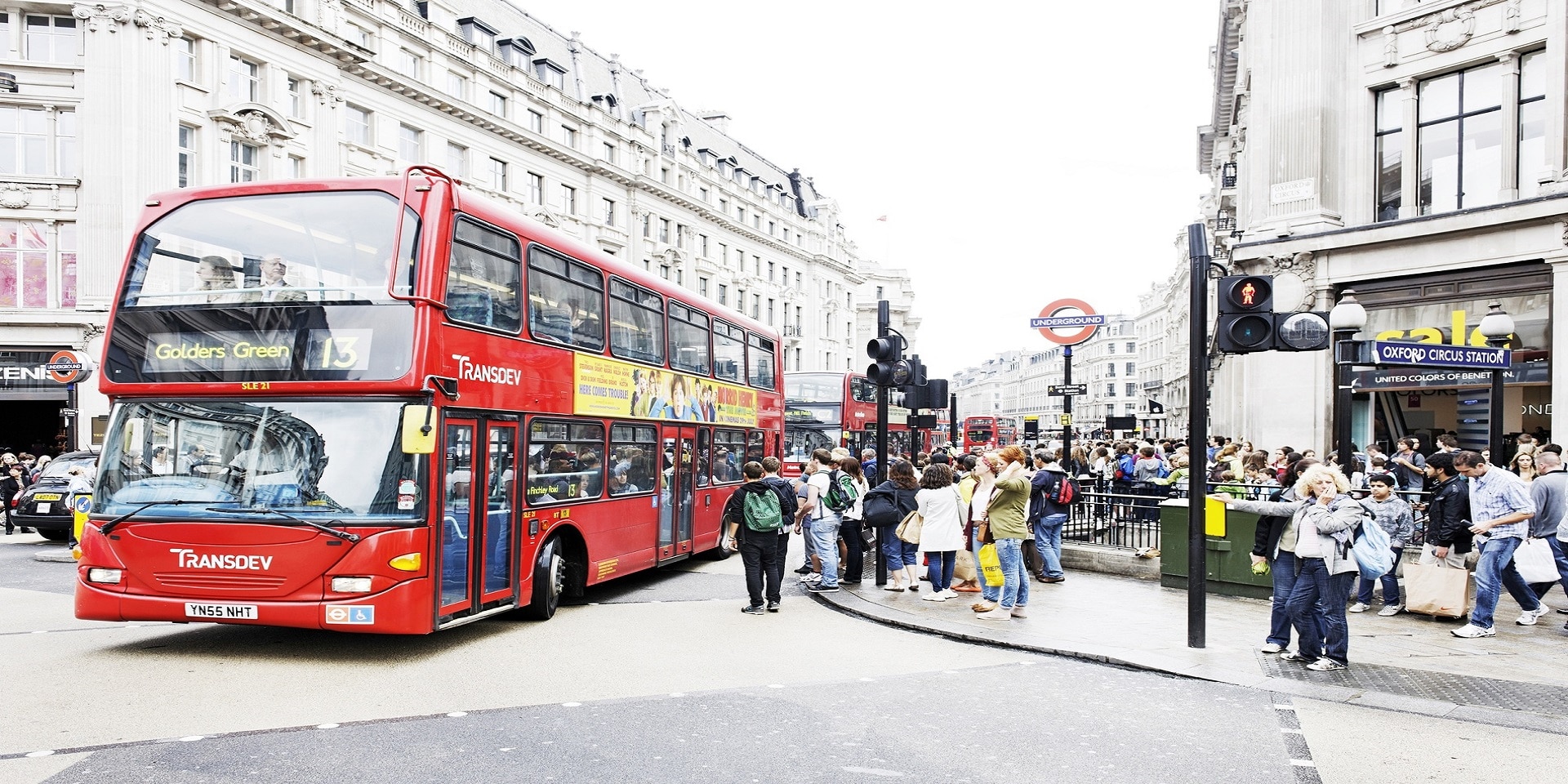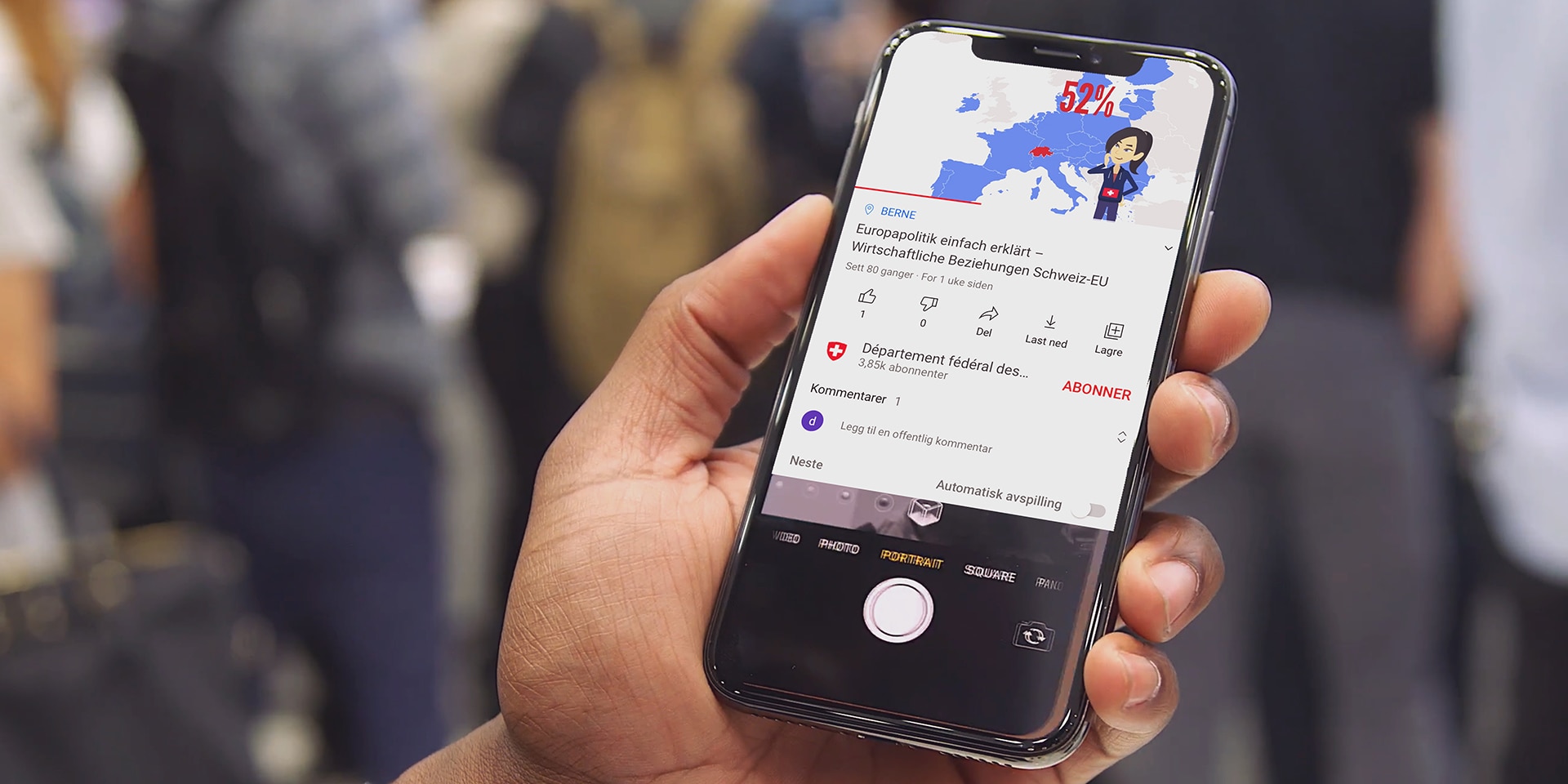"We can't have our cake and eat it too"
In an interview with CH Media, Federal Councillor Ignazio Cassis talks about Switzerland's European policy and latest measures to address the COVID-19 crisis in Switzerland. Tackling both issues requires a willingness to compromise.

In an interview with CH Media, Federal Councillor Ignazio Cassis talks about the negotiations on the framework agreement with the EU and the latest COVID-19 measures. © FDFA
The UK's withdrawal from the EU on 31 January 2020 has recently drawn a slew of comparisons with Switzerland's institutional framework agreement with the EU. But the comparison is misplaced. The trade deal the UK and the EU negotiated after much wrangling shortly before the year-end deadline cannot be compared to the close relations that Switzerland and the EU have with each other. The devil is, as ever, in the detail, stressed Mr Cassis in an interview with CH Media.
Exports to the EU, especially to Switzerland's neighbouring countries, are a vital business segment for many Swiss companies. "So far the UK has mainly reached a free trade agreement with the EU. But the UK and the EU have yet to agree on other matters, like production standards, certifications and so on," stressed Cassis. After Swiss voters rejected a proposal to join the European Economic Area in 1992, Switzerland negotiated series of bilateral agreements that came to be known as the 'bilateral approach' in order to sort out precisely these details. "This allows our companies to export without unnecessary restrictions. They no longer have to bother with all sorts of paperwork to sell their products in Paris or Berlin," added Cassis.
EU policy must be dispassionate and fact-based
Thanks to these agreements, the Swiss economy has gained facilitated access to the EU's single market of over 500 million people. The framework agreement seeks to ensure that we continue to benefit from this access in the future. The framework agreement will secure Swiss companies' existing participation in the single market and enable them to open up new business sectors.
Since Switzerland adopted the bilateral approach in 1999, it has been clear that we would not be able to maintain our free access to the single market forever without legal harmonisation. "We can't have our cake and eat it too," adds Cassis. Switzerland's relations with the EU have always been an emotive issue. Cassis insists that the debate about the EU must be dispassionate and fact-based: "We're negotiating an international agreement that will govern our access to the single market in five sectors that are already covered by market access agreements and sectors that will be covered by future agreements. That's what this is about. It's not about selling out Switzerland or about whether we will be able to retain our freedoms. It's about the foundation of our prosperity."
Is our freedom a birth right?
Keeping a level head and not letting our emotions get the better of us is not only essential in the negotiations on the institutional framework agreement with the EU, but also in tackling the COVID-19 crisis. Some people think the current measures to manage the COVID 19 crisis go too far; others think they don't go far enough. It's a balancing act: the Federal Council has jointly decided to adopt a liberal COVID-19 policy. It is trying to keep government intrusion into people's lives to a minimum and is counting on the Swiss people to take personal responsibility for their actions. "We want to protect our freedoms, and we also want to protect lives," said Cassis.
For Federal Councillor Ignazio Cassis it's also clear that individual responsibility will only get us so far in tackling a crisis of this magnitude. But he is confident that our liberal order will emerge strengthened from this crisis – as long as we cherish it as much as we once did. "Until this crisis hit, many people believed that our freedom was a God-given birth right. That travelling abroad and the freedom to come and go and do as they pleased was the most natural thing in the world. We've now learned that this is not necessarily true. We must always fight for our freedom."


